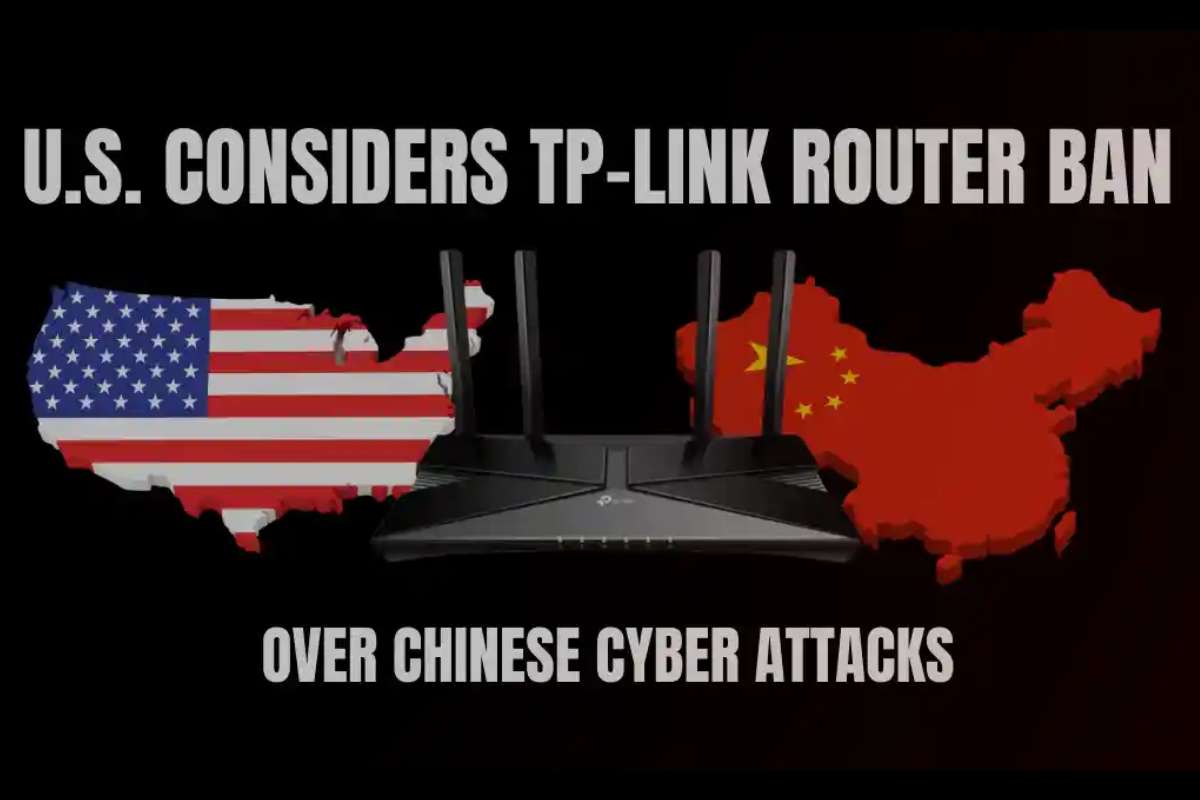US Investigates TP-Link Amid National Security Fears
US authorities are weighing a potential ban on the sale of TP-Link routers, citing national security concerns linked to vulnerabilities in the Chinese company’s products. According to reports by the Wall Street Journal (WSJ), the ban could take effect as early as 2025, following investigations by the US Commerce, Defence, and Justice departments. TP-Link, which claims to be the world’s largest supplier of consumer Wi-Fi devices, holds approximately 65% of the US market for home and small business networking.
The US Cybersecurity and Infrastructure Agency highlighted a vulnerability in TP-Link routers last year that could be exploited to execute remote code. Amid increasing concerns in Washington about potential cyber threats from Beijing, these vulnerabilities have become a focal point. The Chinese embassy in Washington responded to the reports by accusing the US of using national security as a pretext to suppress Chinese companies. TP-Link, for its part, has expressed willingness to engage with US authorities to demonstrate compliance with industry security standards.
Wi-Fi Router Vulnerabilities Under Scrutiny Ban on the Sale of TP-Link Routers
The vulnerability of Wi-Fi routers lies in the interplay between hardware and software, with software being particularly prone to cyberattacks as it ages and updates cease. Queensland University of Technology computer scientist Leonie Simpson explained that errors in software, whether accidental or deliberate, can be exploited by malicious actors. Surveillance researcher Ausma Bernot from Griffith University pointed out that TP-Link products have a notable number of vulnerabilities. The National Vulnerability Database lists 396 issues with TP-Link devices, including two that have been exploited in past attacks.
However, Bernot noted that TP-Link is not alone in facing these challenges. NetGear, a US-based competitor, has 1,254 reported vulnerabilities, eight of which have been exploited. She suggested that the scrutiny of TP-Link stems from previous incidents involving Chinese state-sponsored cyberattacks leveraging router vulnerabilities. Furthermore, critics have pointed to TP-Link’s perceived lack of commitment to patching known security flaws.
Recent disclosures by the US, its allies, and Microsoft have underscored the gravity of these concerns. A Chinese government-linked hacking campaign, dubbed Volt Typhoon, reportedly used privately-owned routers to mask attacks on critical American infrastructure. This incident has heightened fears about the potential misuse of devices like those manufactured by TP-Link.
Implications of a Potential Ban
Cybersecurity experts are divided over whether ban on the sale of TP-Link routers devices would effectively address national security risks. Alastair MacGibbon, Chief Strategy Officer at CyberCX, called the move a “necessary step to consider” for both the US and Australia. He noted that alternative routers produced in South Korea, Taiwan, Vietnam, and the US could replace those from China. Following the WSJ’s report, shares of TP-Link’s US rival NetGear surged by over 12%.
Despite supporting the potential ban, MacGibbon emphasized the need for a comprehensive strategy to counter “existential” cyber threats, particularly those posed by connected devices owned by private individuals. “If software comes from China, it has to be updated by China … it essentially puts the manufacturer in control of that device,” he warned.
Dr. Simpson echoed these concerns, noting that TP-Link routers are just one of many insecure products in the market. She emphasized the importance of a broader approach to cybersecurity that goes beyond targeting individual companies. As governments and businesses grapple with the challenges of securing their networks, the debate over TP-Link highlights the urgent need for vigilance and robust security measures in an increasingly interconnected world.






